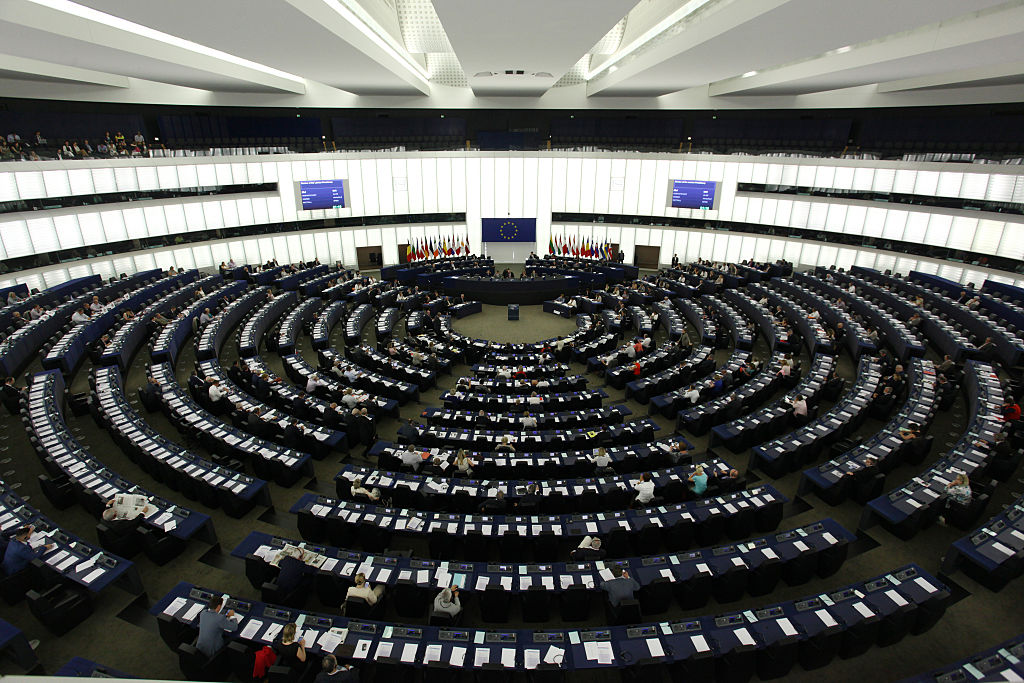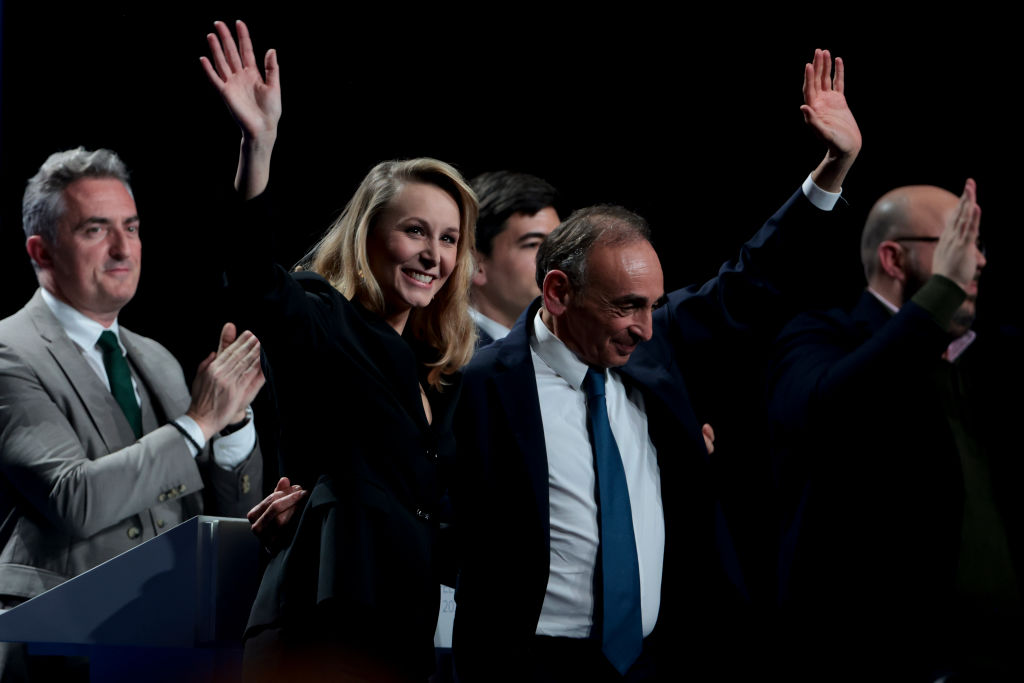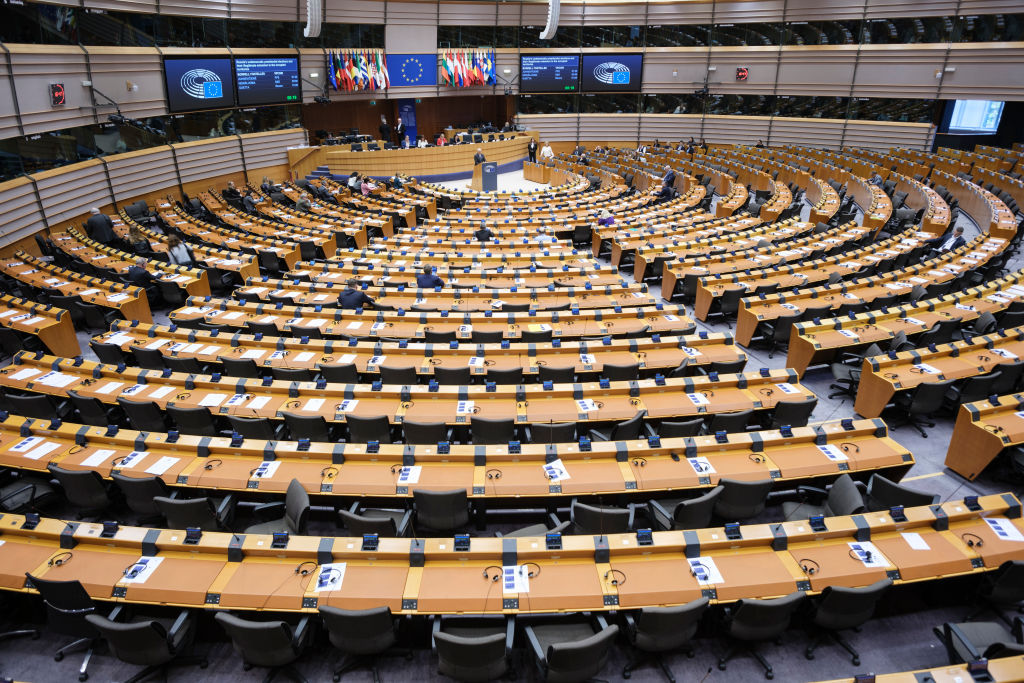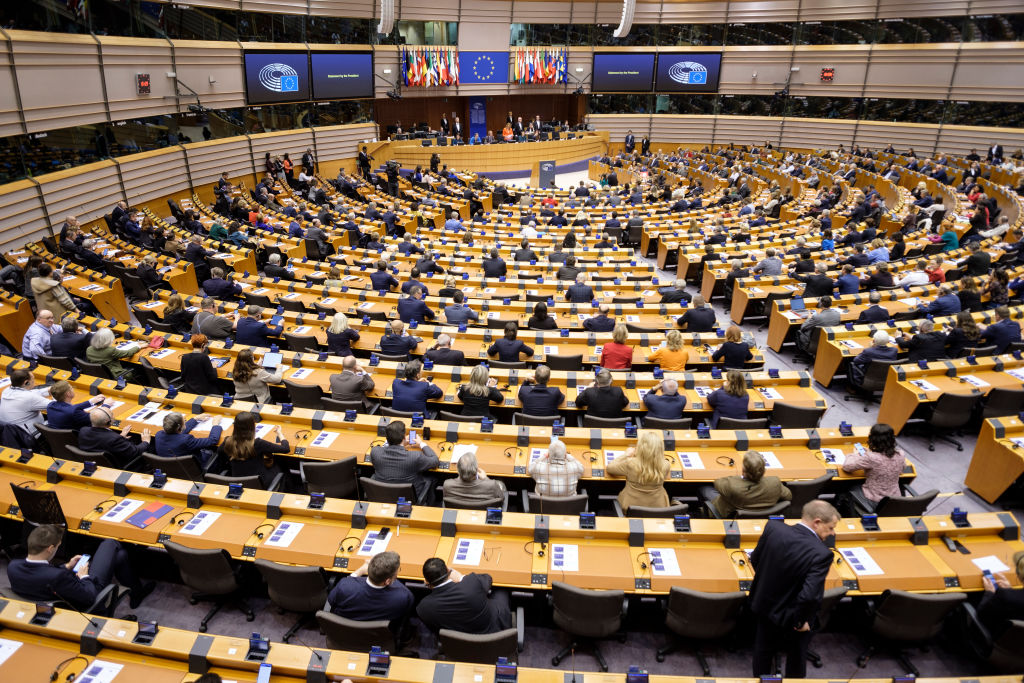Ombudsman Emily O’Reilly has warned that the European Union suffers from a “weak” ethics framework.
According to O’Reilly, the current ethics framework is not good enough because it lacks independence. An ability to enforce sanctions only hinders its efficiency.
“The European Union institutions could benefit from a more forceful rule-of-law approach to its ethics framework,” she said on May 13.
“Each public outcry has been followed by new codes of conduct, and yet the ethics violations continue,” she added.
For O’Reilly, real rule of law in the EU “remains elusive”. The current system is merely used by lawyers to “give the institutions the answers that they want”.
This observation was shared by other critics. As reported by Brussels Signal on April 29, when the European Parliament voted to join the inter-institutional European Union Ethics Body amid bribery allegations, few seemed to believe the outcome would change the organisation much.
Amid allegations of bribery involving MEPs, the European Parliament has voted to join the inter-institutional European Union Ethics Body. https://t.co/dESTZTU6M9
— Brussels Signal (@brusselssignal) April 29, 2024
For the Ombudsman, the EU is failing its citizens.
“The EU deserves better than this. EU citizens – on the doorsteps, in the town halls – should demand more,” she insisted.
For O’Reilly, what she sees as an imperfect ethics system within the EU institutions has delegitimised the European Commission’s battle against what she said was an authoritarian drift within the bloc.
“Certain Member States are quick to defend their own misbehaviour by pointing at Qatargate and other scandals,” she said.
O’Reilly also criticised what she said was the EC’s lack of a tough approach to former staffers’ moves into the private sector.
“There is a reluctance to forbid ex-staff from taking up positions, even when such positions manifest the most serious conflicts of interest,” she said.
O’Reilly’s comments came as EU enlargement talks to include Ukraine and Western Balkans countries within the bloc have raised questions. Some say Brussels “ignores” its own rule-of-law principles in its bid to accelerate the push to have them join the EU.
The European Union is “throwing out” its own rulebook to enable the accession of Ukraine into the bloc, influential policy expert @GJPappin has claimed.@hiia_budapest https://t.co/W94gsvHbJy
— Brussels Signal (@brusselssignal) May 2, 2024
Others have been less critical of the EU ethics framework.
In a May 7 essay published on an academic open-access forum, Alberto Alemanno, a professor of European Union Law at the Ecole des Hautes Etudes Commerciales (HEC) said the EU’s ethical and integrity systems generally appear more comprehensive and sounder than in most individual Member States.





